Staying competitive means protecting yourself from harmful investments or economic coercion from totalitarian regimes.
For a long time, Miriam Lexmann has therefore been pointing out how big a threat our dependence – for example, on China – is in this regard. The more dependent we are, the more vulnerable we are.
As the European Parliament’s shadow rapporteur for the anti-coercion instrument, she has therefore pushed hard to ensure that we have the necessary tools to protect our single market. He continues in this role.
“Our role is twofold: on the one hand, to support innovation, but at the same time to ensure that we are never again blackmailed by totalitarian regimes,” says Lexmann.
We observed the consequences of this blackmail during the COVID pandemic, when we were faced with a lack of supplies of critical products, especially medicines. Today we are experiencing this situation again.
“I therefore welcome that the European Parliament and the Swedish Presidency of the Council of the EU have opened a discussion on the Union’s strategy to support industrial competitiveness, trade and quality jobs. We must provide the best possible conditions and create the infrastructure for investment and innovation. Here I also want to appreciate and welcome the recent decision of the Taiwanese company TSMC to start producing semiconductors in Europe, which are absolutely key for the future of our industrial production, including cars,” concludes Miriam Lexmann, MEP for EPP.
Cover photo: Nenov Brothers Images (shutterstock 121516270), euractiv.com


